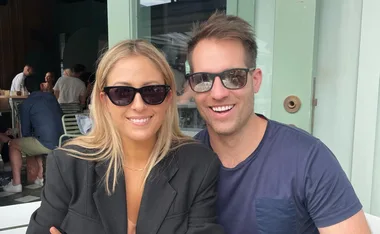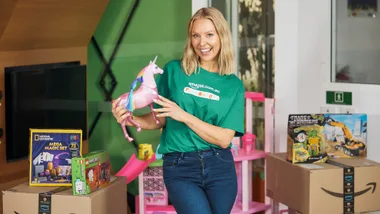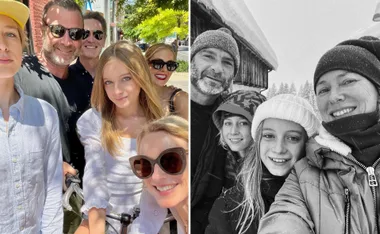Keira Knightley asked for an agent when she was three, starred in a Hollywood blockbuster at 17 and earned an Oscar nomination at 20. Yet, as tells Susan Chenery, self-confidence is a “big problem” for her.
In this gilded room, with its Gothic arches, painted ceiling, wood panelling and balustraded balconies, there would once have been ladies in tall wigs, tiny corseted waists and brocaded gowns.
It is the type of room a Keira Knightley character might inhabit, in one of her many costume dramas. As Elizabeth Bennet, perhaps.
In pictures: Dresses that made people famous
After all, in Pride and Prejudice, she managed to nab Mr Darcy and the magnificent Pemberley. As Georgiana, the Duchess of Devonshire in The Duchess, she lived in the 297-room palace, Chatsworth House.
Yet, today, she is just here as herself. Neat, compact, composed. The salonin which we meet was once one of the great palazzos of Venice, but is now in a rather more prosaic incarnation as the kind of ornate hotel that only the Keira Knightleys of this world get to stay in.
Meeting Keira reveals, yet again, how the big screen magnifies and enhances. As an actress in character, she would fill this room with her own entitlement. In person, she seems far too small for such an extravagant setting.
She is perfectly polite, crisp, straightforward, absolutely professional, personable and surprisingly honest.
It is somewhat startling to discover she is still only 26. She seems to have been writ large on the screen for such a long time.
For Keira, it has been an accelerated journey, which has at times left her feeling overwhelmed and struggling to keep up with the speed of her own ascendancy.
She was only 17 when she became world famous as Elizabeth Swann in the blockbuster franchise Pirates Of The Caribbean.
“I finished the last one when I was 21 and I thought that is quite a large chunk of time for one character. You know, it was wonderful, but at the end of the second film I said, ‘That is it for me’. For me, acting is about changing.”
It looked quite exhausting actually, all that romping around and swashbuckling. “Well, it is an action film, so there was a lot of training. I normally do all of my fight scenes myself if I am doing an action film, so it was a physical challenge.”
Keira famously asked for an agent when she was three years old. Her father, Will Knightley, is an actor and her mother, Sharman Macdonald, is an actress who later wrote screenplays, including The Edge Of Love about poet Dylan Thomas, in which her daughter starred in 2008.
By 20, she had received an Academy Award nomination for Pride and Prejudice — and a lot of unwelcome attention that she just wasn’t ready for.
In pictures: The worst Photoshop blunders
Being nominated for an Oscar “didn’t make me feel validated at all,” she told an interviewer in Venice. “It never quite seemed real.”
Today, she says, “It never made me feel like I had finally arrived. I didn’t think I deserved it. I still feel I have got a lot to prove, I probably always will.
“And I always believe the negative stuff and never the positive stuff. If there is a bad review, I will find it no matter where I am. Lack of confidence has always been a big problem.”
Read more of this story in the December issue of The Australian Women’s Weekly.
Your say: Do you think celebrities have the same right to privacy as the rest of us?

Video: Fans fall for Keira Knightley
































.png?resize=380%2C285)



